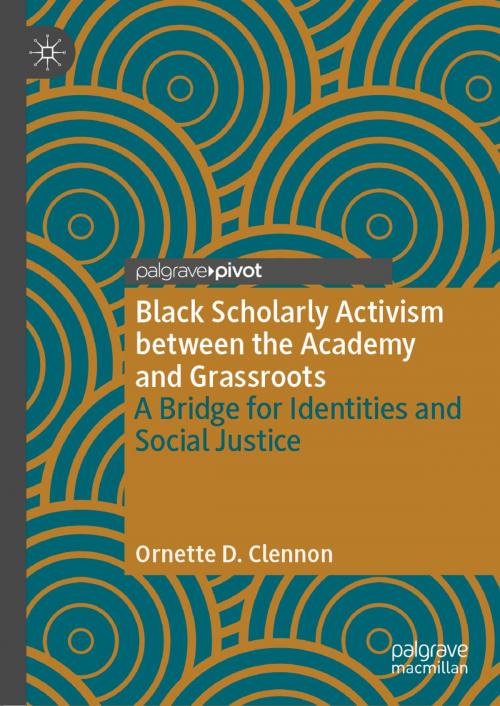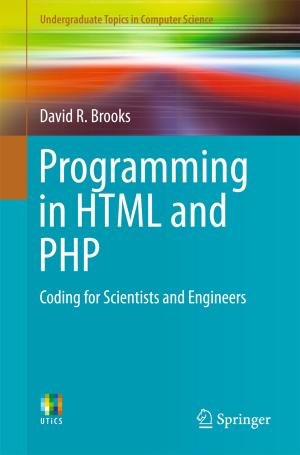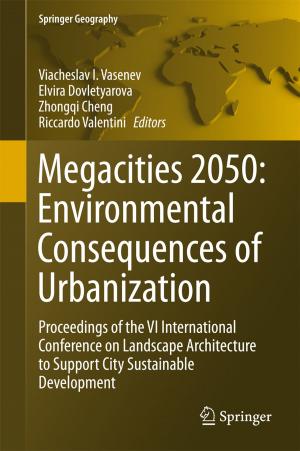Black Scholarly Activism between the Academy and Grassroots
A Bridge for Identities and Social Justice
Nonfiction, Reference & Language, Education & Teaching, Educational Theory, Educational Reform, Philosophy & Social Aspects| Author: | Ornette D. Clennon | ISBN: | 9783030008376 |
| Publisher: | Springer International Publishing | Publication: | September 26, 2018 |
| Imprint: | Palgrave Pivot | Language: | English |
| Author: | Ornette D. Clennon |
| ISBN: | 9783030008376 |
| Publisher: | Springer International Publishing |
| Publication: | September 26, 2018 |
| Imprint: | Palgrave Pivot |
| Language: | English |
This book explores the 'invisible' impact whiteness has on the lived 'black' experience in the UK. Using education as a philosophical and ethical framework, the author interrogates the vision of Black Radicalism proposed by Kehinde Andrews, exploring its potential applicability to grassroots activism. Clennon uses an interdisciplinary theoretical framework to draw together his previous writings on 'blackness', in effect crystallising the links between commercial (urban) blackness, the pathological structures of whiteness and institutional control. Drawing inspiration from Robbie Shilliam's cosmologically related 'hinterlands' as an antidote to the nature of colonial (Eurocentric) epistemologies, the author uses the polemical chapters as gateways to theoretical discussion about the material effects of whiteness felt on the ground. This controversial and unflinching volume will be of interest to students and scholars of race studies, particularly within education, and the lived black experience.
This book explores the 'invisible' impact whiteness has on the lived 'black' experience in the UK. Using education as a philosophical and ethical framework, the author interrogates the vision of Black Radicalism proposed by Kehinde Andrews, exploring its potential applicability to grassroots activism. Clennon uses an interdisciplinary theoretical framework to draw together his previous writings on 'blackness', in effect crystallising the links between commercial (urban) blackness, the pathological structures of whiteness and institutional control. Drawing inspiration from Robbie Shilliam's cosmologically related 'hinterlands' as an antidote to the nature of colonial (Eurocentric) epistemologies, the author uses the polemical chapters as gateways to theoretical discussion about the material effects of whiteness felt on the ground. This controversial and unflinching volume will be of interest to students and scholars of race studies, particularly within education, and the lived black experience.















